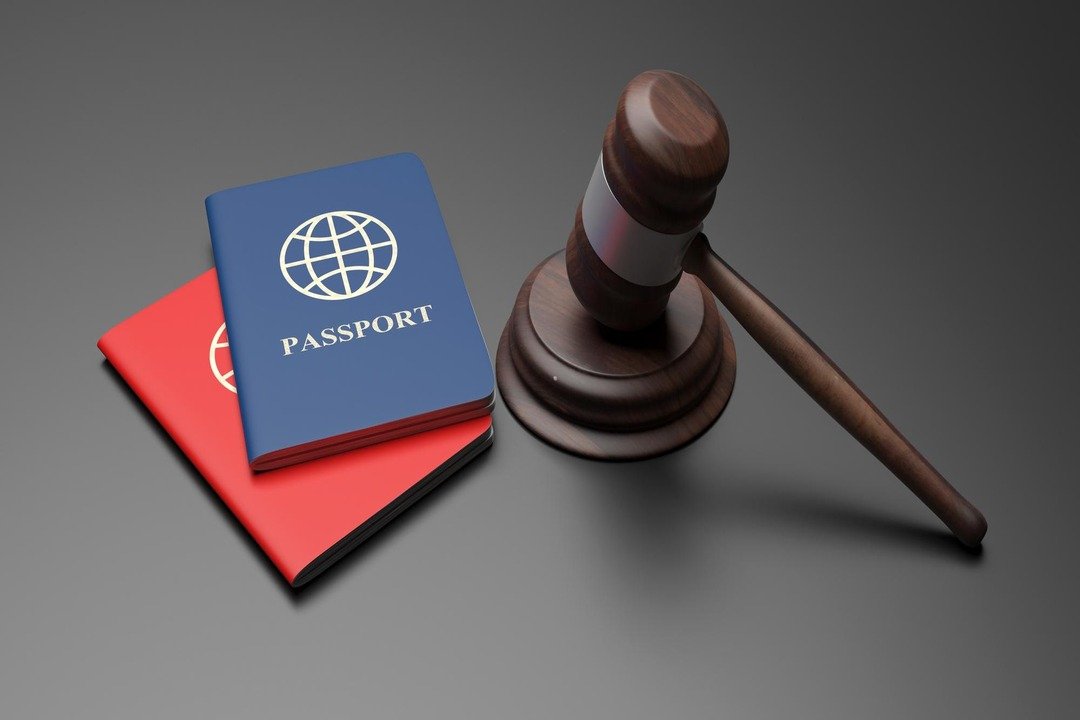Munich, the capital of Bavaria, has experienced an unprecedented influx of citizenship applications, surpassing the total received throughout 2023 by early August. According to Augsburger Allgemeine, the city's processing capacity is strained due to staffing shortages, resulting in potential delays of up to two years for application processing.
Augsburg has also seen a notable rise in applications, with over 3,000 submitted, far exceeding public order officer Frank Pintsch's expectations. The surge is attributed to new legislation requiring individuals from Türkiye, Russia, and Balkan countries to relinquish their previous citizenships.
In Bamberg, the number of citizenship applications has increased significantly, with 178 individuals granted German citizenship from January to July 2024, matching the total applications received throughout 2019.
Kempten anticipates a doubling of citizenship requests by the end of the year, with the expected total reaching 450. Applicants predominantly hail from Romania, Italy, and Turkey.
The Bavarian District Council's Thomas Karmasin notes that while offices are mentally prepared for the influx, they are struggling with insufficient personnel.
Nationwide, the Federal Statistical Office (Destatis) reported that over 200,000 individuals acquired German citizenship in 2023. The majority of new citizens came from Asia (58.5 percent), with significant numbers also from Europe (29 percent), Africa (6.61 percent), and the Americas (3.15 percent).
Syrians were the largest group, with 75,485 individuals granted citizenship, representing 37.7 percent of all new citizens. Turkish nationals followed with 10,735, closely trailed by Iraqis at 10,710.

